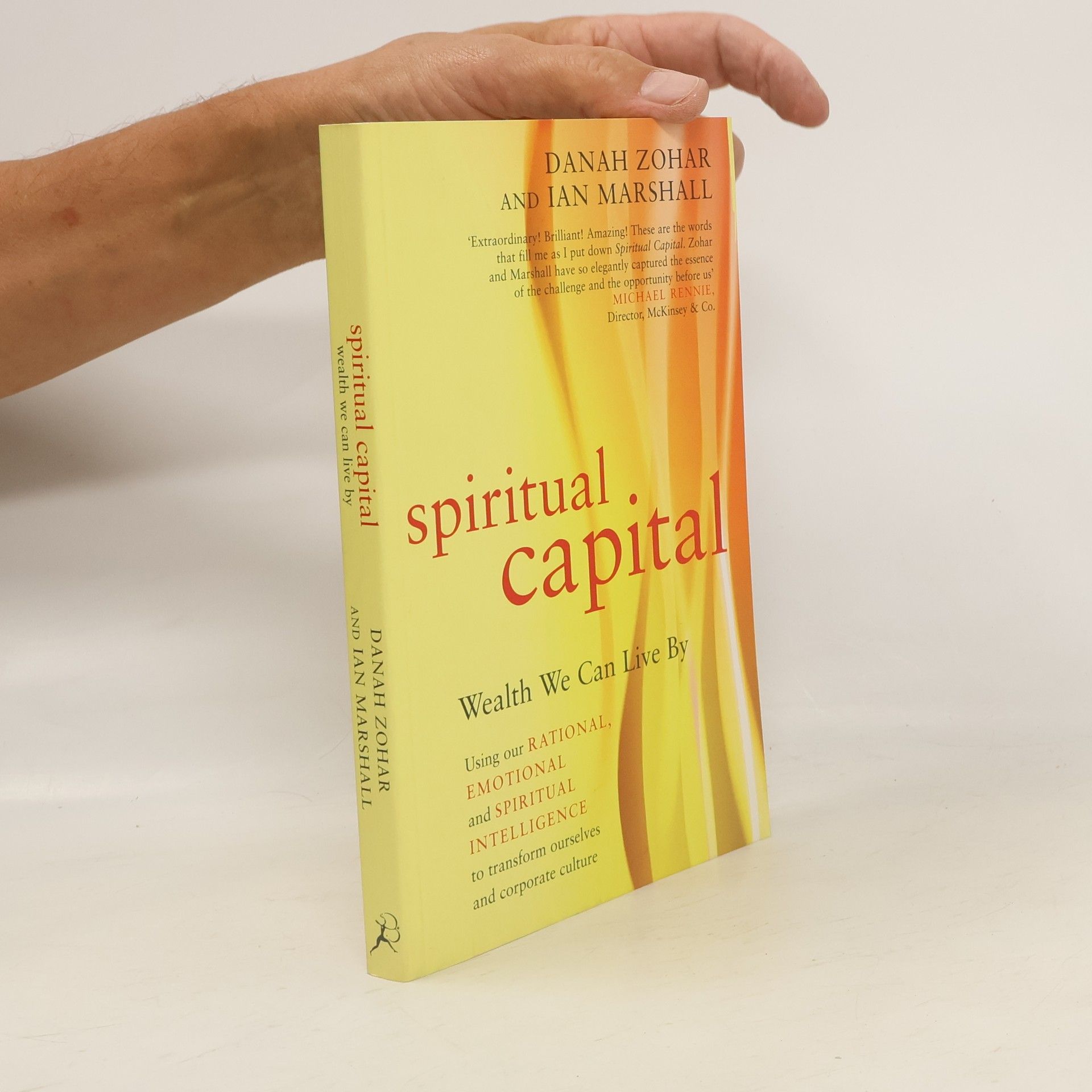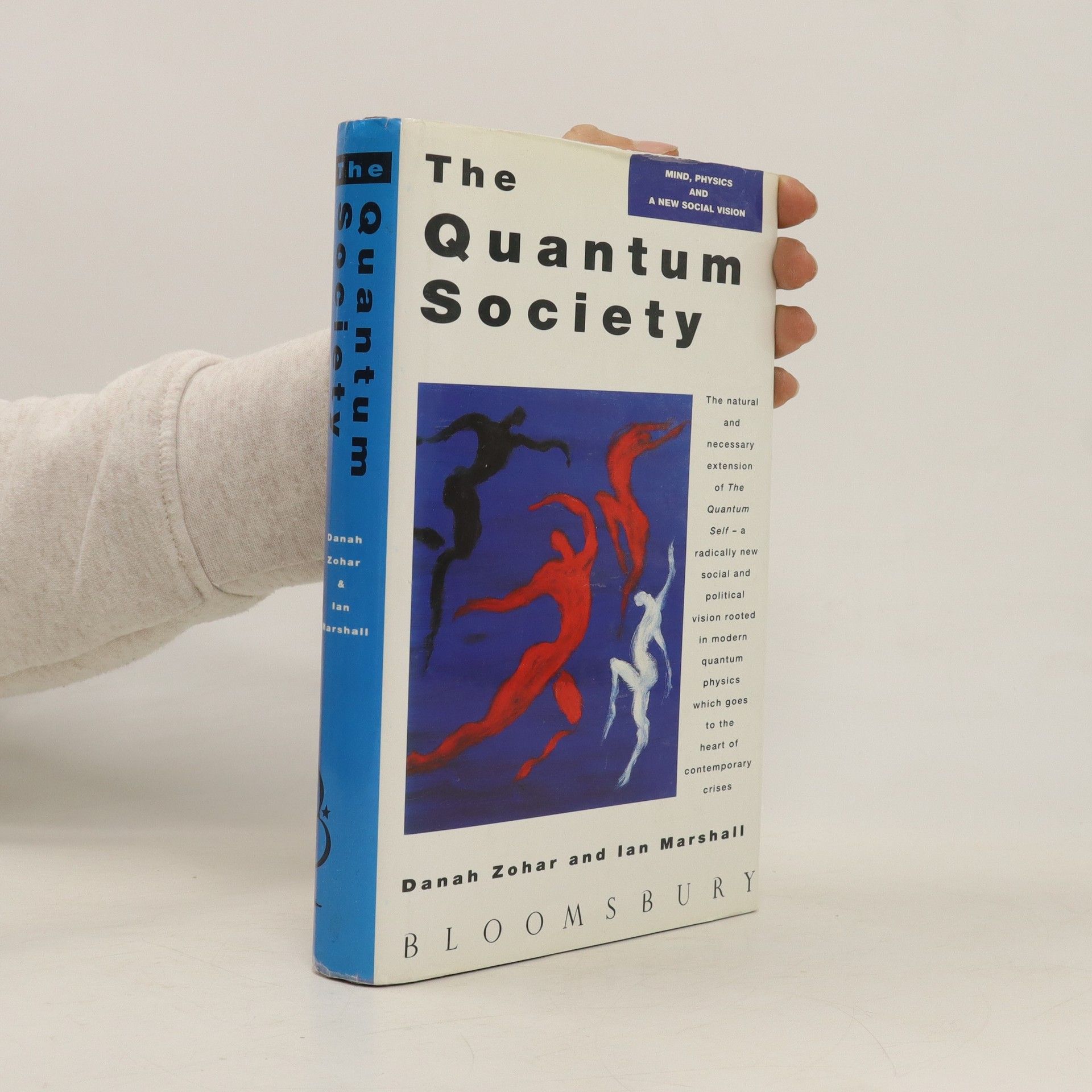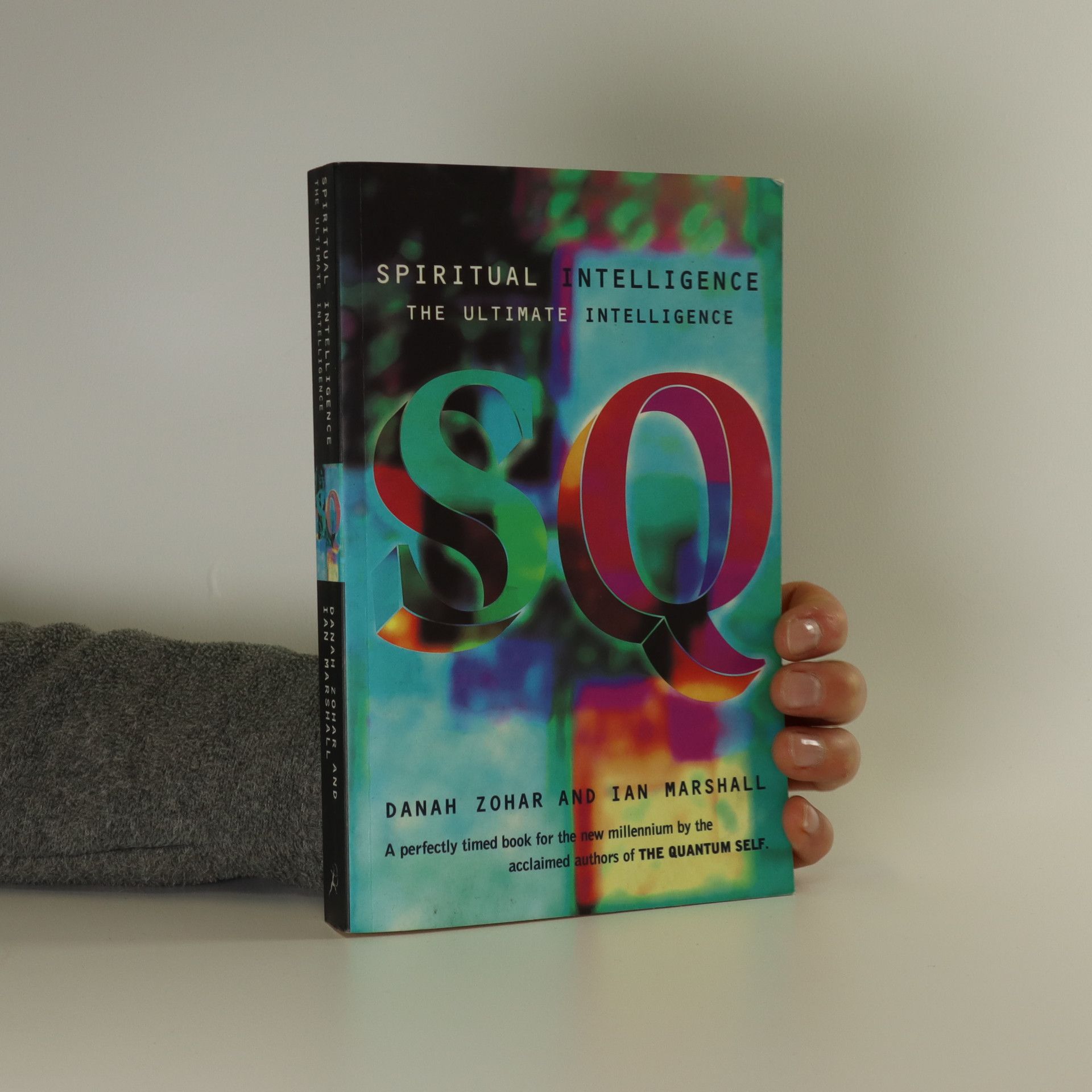In "The Quantum Society" authors Danah Zohar and Ian Marshall offer a compelling vision for transforming society using the insights of quantum physics to illuminate their ideas. Diversity, they suggest, is the creative evolutionary force, and the more diverse the society, the greater the opportunity for transformation and growth. Their theory of cosmic and social evolution allows us to discover the meaning and purpose of society through an appreciation and understanding of pluralistic thinking. The result is an all-embracing social model that celebrates the dynamic unity that is possible when we work together to orchestrate and articulate our interdependence. The quantum society is flexible, evolving, and ambiguous. In short, it reflects the idea of society as a living system. The authors use the language of physics to provide the images and metaphors appropriate for understanding the principles that inform this system, bringing into focus our harmonious place within the natural world.
Danah Zohar Boeken



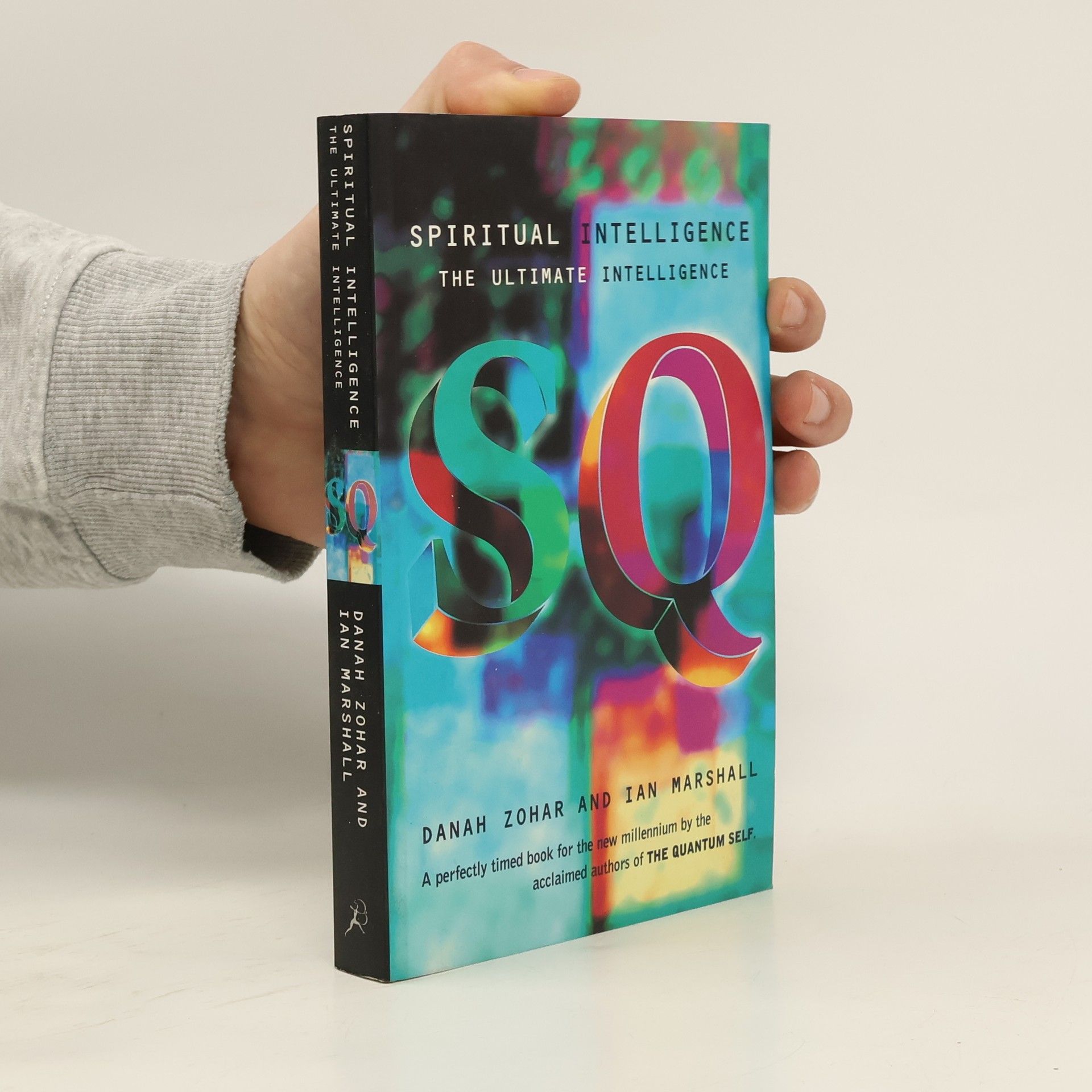


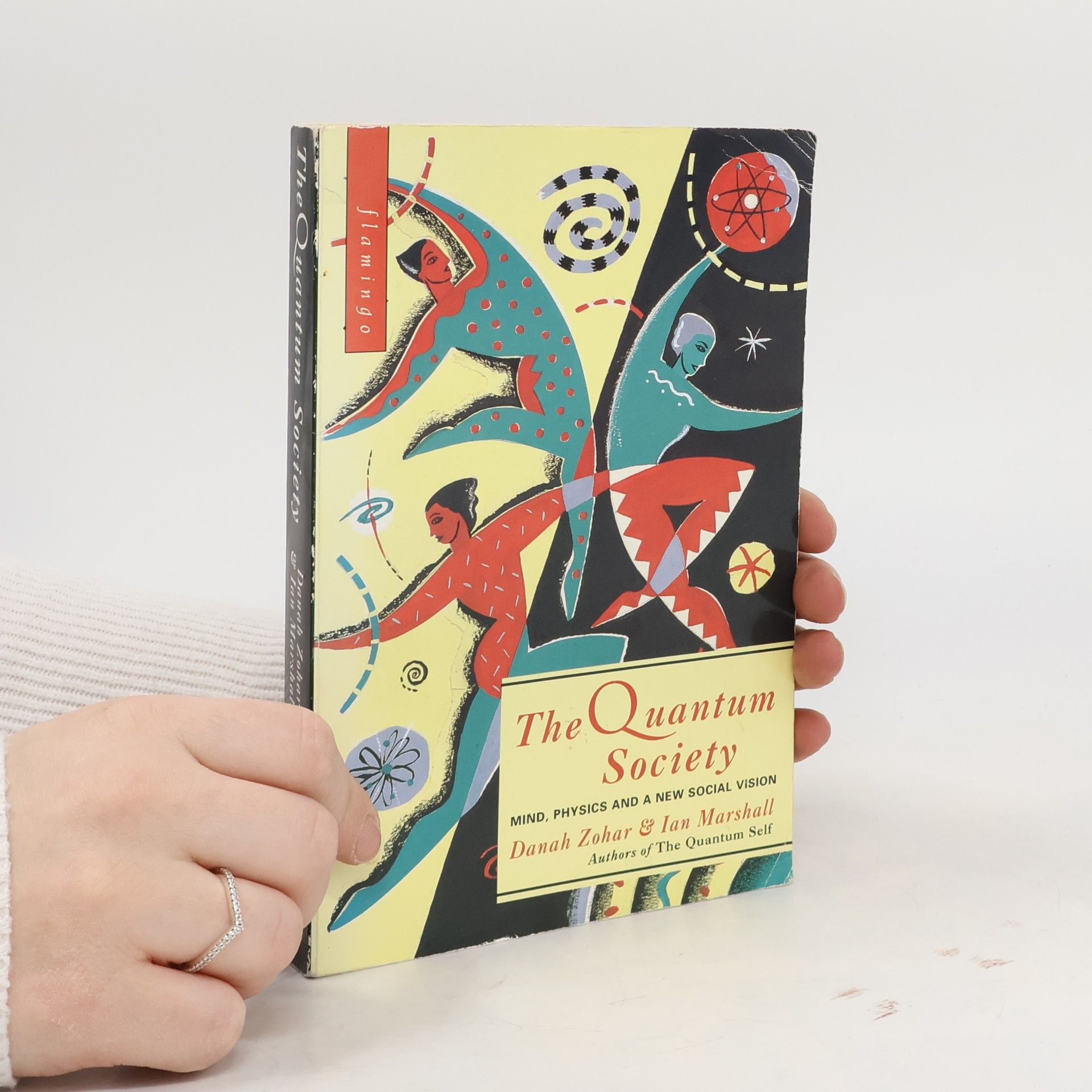
Through the time barrier
- 178bladzijden
- 7 uur lezen
Examines the supposed ability of people to foretell future events and discusses precognition from the point of view of quantum physics
The Quantum self
- 256bladzijden
- 9 uur lezen
In The Quantum Self, Danah Zohar argues that the insights of modem physics can illuminate our understanding of everyday life -- our relationships to ourselves, to others, and to the world at large. Guiding us through the strange and fascinating workings of the subatomic realm to create a new model of human consciousness, the author addresses enduring philosophical questions. Does the new physics provide a basis by which our consciousness might continue beyond death? How does the material world (for instance, ugly inner cities) impinge upon our sense of self? Is there a subatomic wellspring from which our creativity, our empathy with others, and our feelings of unity with the inanimate world originate?Most important, Zohar shows how the vitality of the new physics combats the alienation and fragmentation of twentieth-century life, and replaces it with a model of reality in which the universe itself may possess a type of consciousness, of which human consciousness is one expression.
Do you feel as if something is missing from your life? Is there a void? A lack of meaning?
Corporate structures, like the physical and biological structure of the human brain, operate from one of three individually distinct but intricately interrelated systems: mental, emotional, and spiritual. The healthiest organizations, like the healthiest minds, learn to respond and adapt to external stimuli through a well integrated union of all three structures rather than a single, rigid approach. Business models, however, primarily neglect emotional and spiritual components in their operations, placing emphasis instead on efficiency, results, and other qualities readily associated with the mental structure alone. With only one-third of the corporate brain utilized, the remaining two-thirds present a vast reserve of ideas and opportunities for responding creatively to the daily demands of corporate life. Rewiring the Corporate Brain offers a new way to think about, lead, and structure organizations for fundamental transformation. It demonstrates how people must change the thinking behind their thinking - i.e., rewire the structures of the corporate brain - to operate more fully and achieve genuine fundamental organizational change. Written for managers at all levels, Rewiring the Corporate Brain takes its lead from quantum, chaos, and the latest brain sciences to offer practical, accessible, and inspiring alternatives to traditional structures in corporate design, practice, and implementation.
The book introduces Quantum Management Theory as a transformative approach to replace traditional Taylorism, advocating for a revolutionary paradigm in management thinking. It emphasizes the failures of conventional strategies in contemporary business and politics, proposing innovative practices that challenge established norms. Rooted in concepts from quantum physics and complexity science, this model aims to reshape organizational structures and promote sustainable practices across various sectors, including personal lives, companies, and communities.
In their new book Danah Zohar and Ian Marshall envisage two scenarios. The first is business as we know it today - all short-term interest, short-term gain, isolationist thinking, with the material bottom line as king. The second envisages a business culture driven by fundamental values and a deep sense of purpose in which wealth is accumulated to generate a decent profit while acting to raise the common good. The emphasis is on 'stake-holder value', where stake-holders include the human race, present and future, and the planet itself. These are the values of Spiritual Capital. The crucial question, which Zohar and Marshall address, is: How we can move from one scenario to the other? They show how we need to consider three types of capital to make the leap. Rational intelligence (IQ) and Emotional Intelligence (EQ) are needed to diagnose the current state, and then the twelve qualities of Spiritual Intelligence (SQ) can be used to bring about the final transformation. The ultimate goal is sustainable capitalism within a framework of a more meaningful working life.
Confucius meets Heisenberg
Leadership lessons from quantum science and the Chinese classics
- 256bladzijden
- 9 uur lezen
Drawing from both traditional Chinese philosophy and modern quantum physics, this book presents a transformative vision for 21st-century leadership. Danah Zohar emphasizes the importance of integrating ancient wisdom with contemporary scientific insights to foster global cooperation and creativity. By understanding these diverse perspectives, leaders can cultivate a new style rooted in moral renewal, cross-cultural understanding, and harmony, equipping them to tackle today's complex challenges effectively.
The Quantum Society
- 256bladzijden
- 9 uur lezen
In The Quantum Self, philosopher Danah Zohar and her husband, Ian Marshall, used quantum physics as an explanatory tool "to help us go beyond the isolation and narcissism of modern culture" (Publishers Weekly). The authors merged new physics and New Age thought and offered a vision of self-identity that went beyond the narrow perspectives of Freudians, Jungians, and laboratory physicians. Now, drawing on the many analogies between quantum reality - the way modern physics defines our world - and the dynamics of self and society, Zohar and Marshall take their theory one step further. They argue that we can change our social perceptions, values, and behavior - the whole of our society - based on the nature of the mind and the universe itself. In their brilliant new book, they offer a new theory of cosmic and social evolution that allows us to rediscover the meaning and purpose of our society. Diversity, they suggest, is the creative evolutionary force. The larger and richer the range of diversity, the greater the opportunity for a society to express its own underlying potential - and to prosper by allowing for pluralist thinking. Zohar and Marshall present a radically new vision of how we can, through dialogue with each other and with our physical world, arrive at a new consensus that is itself a rich celebration of human diversity.
